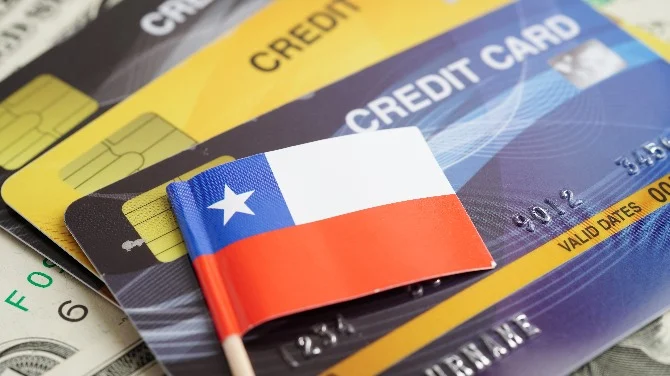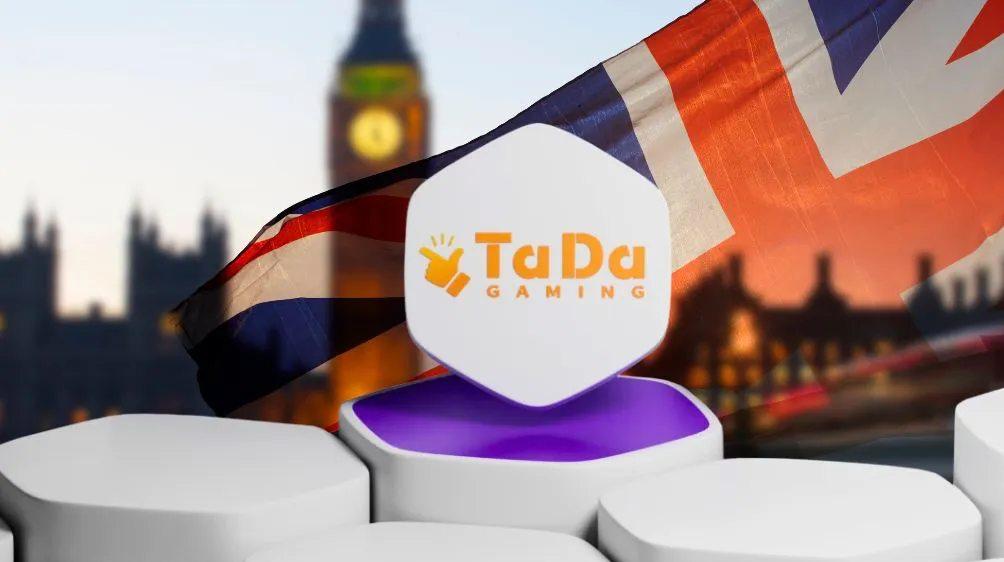Higher licence fees and greater entry barriers in Italy might halve the online market, but stakeholders are convinced that is the idea. On May 30, Italy’s Customs and Monopolies Agency (ADM) brought its remote gambling concessions tender to a formal close. The names of successful bidders are expected sometime after the summer ends; yet, whatever happens, everyone in the industry thinks Italy’s market is about to change completely.
Before these reforms take effect, Moreno Marasco, the president of Italy’s online gambling association LOGiCO, shared his view with Sigma magazine: there will soon be a sharp decline in active operators. While a previous tender saw 93 applicants, only about 50 took part in the current process, marking a big decrease. Estimates suggest that Italy may reduce the number of concessionaires from 81 to around 33, resulting in a reduction of approximately 60% in remote operators.
Marasco pointed out, “This drop is huge, even though both revenues and the number of legal operators in Italy skyrocketed.” He mentioned that, once the new system starts, “the entire competitive scenario will get a complete makeover.” Such a massive change mainly stems from ADM demanding much higher standards for anyone seeking a concession now. A major hurdle, paying €7 million upfront for a license, has made it impossible for many small firms to compete.
Rapid Consolidation
Quick consolidation is happening now. Christian Tirabassi, the founder and senior partner at Ficom Leisure, a top M&A advisory company, said this was precisely what the government planned. It used to be relatively easy to enter one of Europe’s richest gambling markets, but now, modern regulation and the scale of the market have made things more challenging for smaller competitors.
Tirabassi recalled, “Tiny companies were running in a market worth €4 billion, now €5 billion, with only €250,000 as an initial investment under the previous rules.” He added, “The authorities saw this as a problem. Such delicate business should only be in hands of financially solid companies.” The new focus is entirely on firms strong in financial, technical, and compliance areas, those, as Tirabassi put it, who won’t ignore Anti-Money Laundering (AML) rules just to save €5,000.
Natural Selection
‘Survival of the fittest’ now rules. Operators need to pay €7 million for each brand and product type, face 24.5% tax on online sports betting GGR, 25.5% for online casino, an annual 3% GGR fee, and a minimum .2% of GGR spent on responsible gambling (capped at €1 million). Ficom has already helped close several deals where bigger companies absorbed smaller and medium-sized peers to gear up for this new era. While consolidation has always been present, the reform gave the trend a massive boost.
Tirabassi expects that soon only big, multi-channel and multi-product companies will dominate, after the tender is done. Looking ahead, he predicted these major players would likely drive about 80% of Italy’s €5.2 billion remote GGR, with only 30 to 35 legal operators left in the game. He also said, “License prices are now normal, while before, they were unrealistically low. Tighter rules and the need for omnichannel presence have naturally pushed things towards larger corporate groups.”
Sweeping Gambling Reform in Italy
Italy’s gambling scene is undergoing a massive transformation. With these new changes, the authorities plan to raise standards in areas like AML, player security, and cybersecurity. Italy has been unique for regulating online gambling since 2006. The latest reforms, which will take effect months after licenses are handed out, will finally end a system that lasted for nearly two decades.
Certain newly introduced rules respond directly to the rise of digitalisation. For example, new player tools will help people set deposit, spending, and play time limits, including options to self-exclude from gambling websites. Automated warnings will tackle compulsive play, especially focusing on 18-24 year olds, something that has not been done before in European law. The past decade of steady industry growth has rewarded operators: Italy’s gambling GGR reached €21.6 billion in 2024, a 4.4% rise over last year. About a quarter (€5 billion) of this came from online, a sector that’s growing very fast.
Flutter Ready to Take the Lead with Snai in its Italian Inventory
Flutter’s role is central, shown by how they bought Playtech’s Snaitech for €2.3 billion last year. Jefferies analysts reported in September that, with Snaitech included, Flutter might capture 30% of Italy’s gaming market thanks to its multi-brand approach. Analysts believe Flutter is likely to keep leading in online market share. Flutter’s brands Sisal and PokerStars, owned 15% of Italy’s online betting and iGaming GGR in 2023; Snaitech held another 10%.
Slowdowns to Land-Based Italy Gambling Reform
Tirabassi says to succeed in Italy, a company must have a scalable omni-channel setup, managing both offline and online betting under the same brand. Because the new rules ban skins, operators will need separate concessions for every product, channel, and brand they want to launch, which will speed up market consolidation. Tougher entry requirements could let winners grab larger profits and claim a bigger slice of the market.
One thing stays unchanged: IGT will keep running the Italian lottery on its own until 2034. Recently, after a close competition, the LottoItalia group led by IGT, won another nine-year exclusive lottery deal, beating Flutter with a €2.23 billion bid, more than twice the €1 billion base price—proving that financial strength is vital in Italy’s gaming world.

 Companies
Companies 





